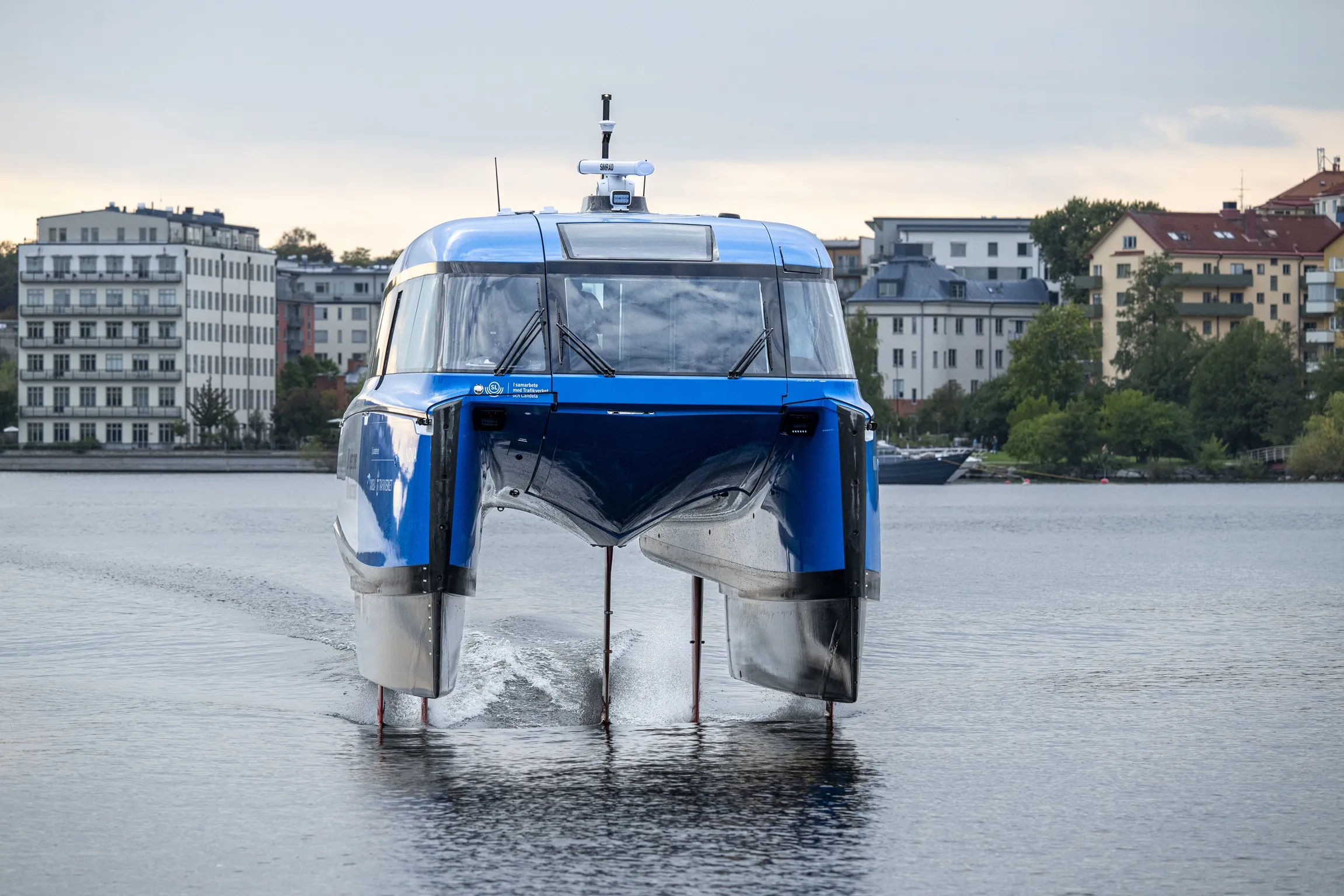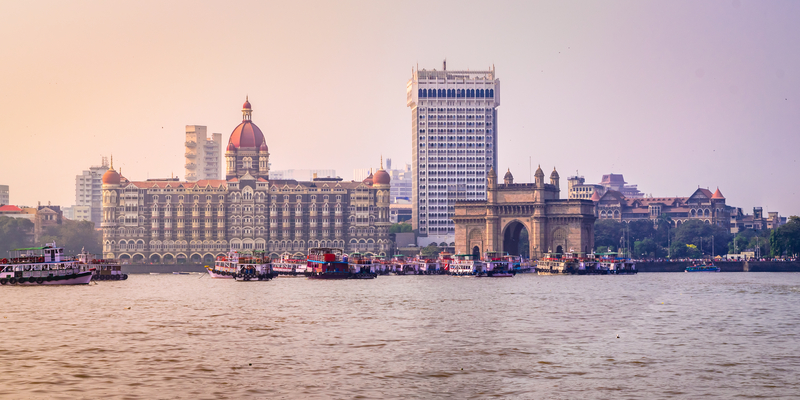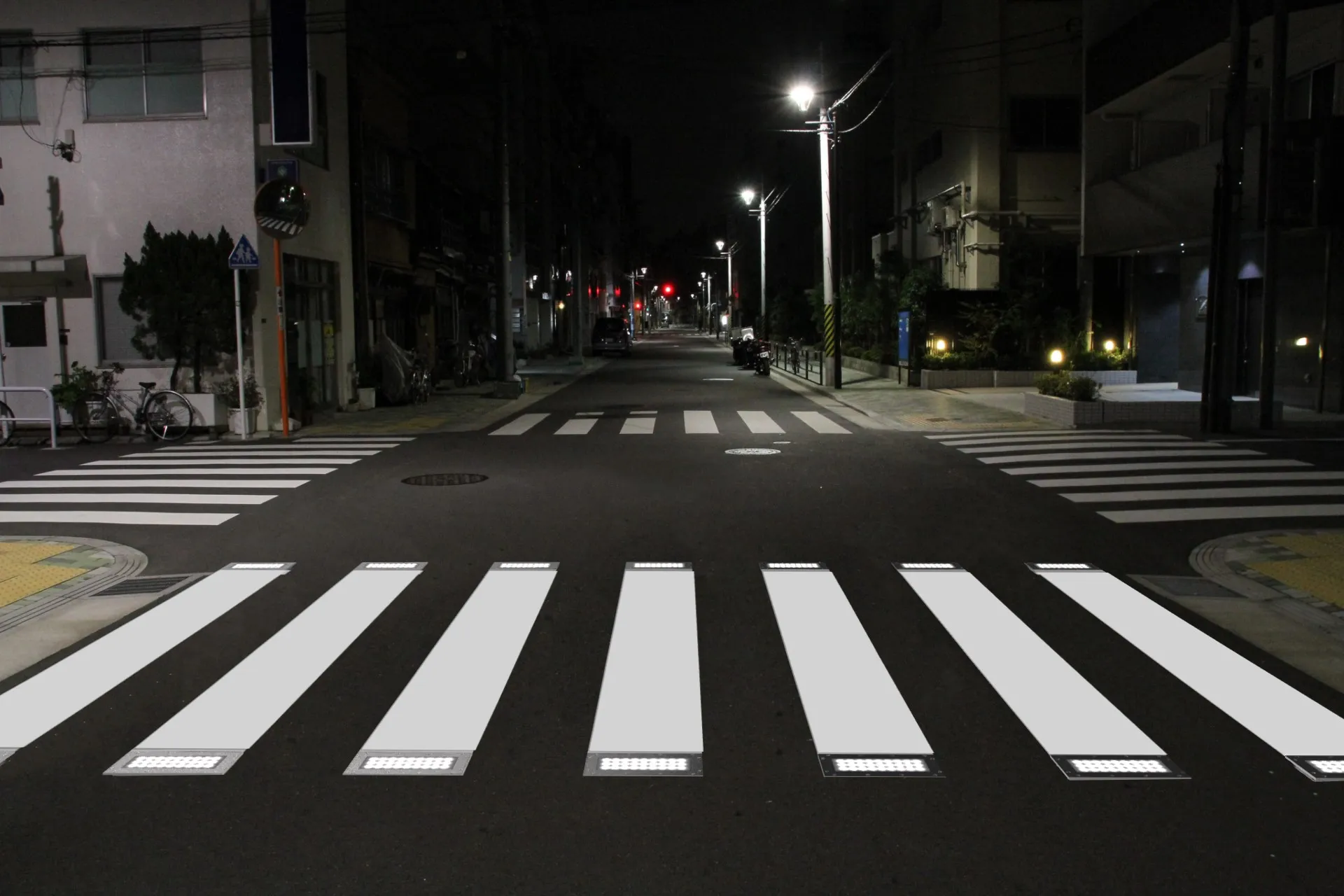
Mumbai’s workforce will soon be commuting on a fleet of 11 hydrofoiling Candela P-12 electric commuter ferries.
The ferries, ordered by Mumbai-based operator JalVimana, will create new links across Mumbai's waterways, forming the nucleus of the city’s electric transport network.
The Candela P-12 uses computer-guided underwater wings to raise its hull above the water - hydroplaning - which slashes energy consumption by eliminating wake and slamming. The vessel then runs silently, safely and at a fraction of the operating cost of conventional diesel vessels.
The sale represents the largest single electric fleet in the world so far and will play a pivotal role in establishing Mumbai as a global leader in sustainable urban water transport.

“This is a groundbreaking project that unlocks the full potential of Mumbai's waterways for efficient commuting and by investing in hydrofoil technology, the city is leapfrogging legacy waterborne transport systems,” said Gustav Hasselskog, founder and chief CEO of marine technology company Candela.
The agreement to purchase the vessels was finalised during a recent official visit to the Swedish capital Stockholm by India’s minister of commerce, Piyush Goyal. On board Candela’s vessel, Hasselskog and Niraj Thakur, CEO of operator JalVimanav, announced the purchase of an initial 11 of the P-12 vessels with plans to purchase more in the future.
Mumbai is an ever-expanding city, which is partly built around a large bay. The first Candela P-12 vessels in Mumbai will serve two of the city’s most heavily trafficked routes on water. One will be between the Gateway of India and Alibaug, a journey that takes usually two to three hours by car. The other is from the Gateway of India to Elephanta Island.
Another line is being planned by JalVimana to connect the new airport with central Mumbai, with expected travel times reduced from one hour and 30 minutes to less than 30 minutes.
For its debut in Stockholm in late 2024, the P-12 ferry has slashed commute times, according to the manufacturer. By combining advanced computer-controlled foiling technology with lightweight carbon fiber construction, Candela’s craft use up to 80% less energy than traditional boats. This enables long range, high speed and zero emissions.







